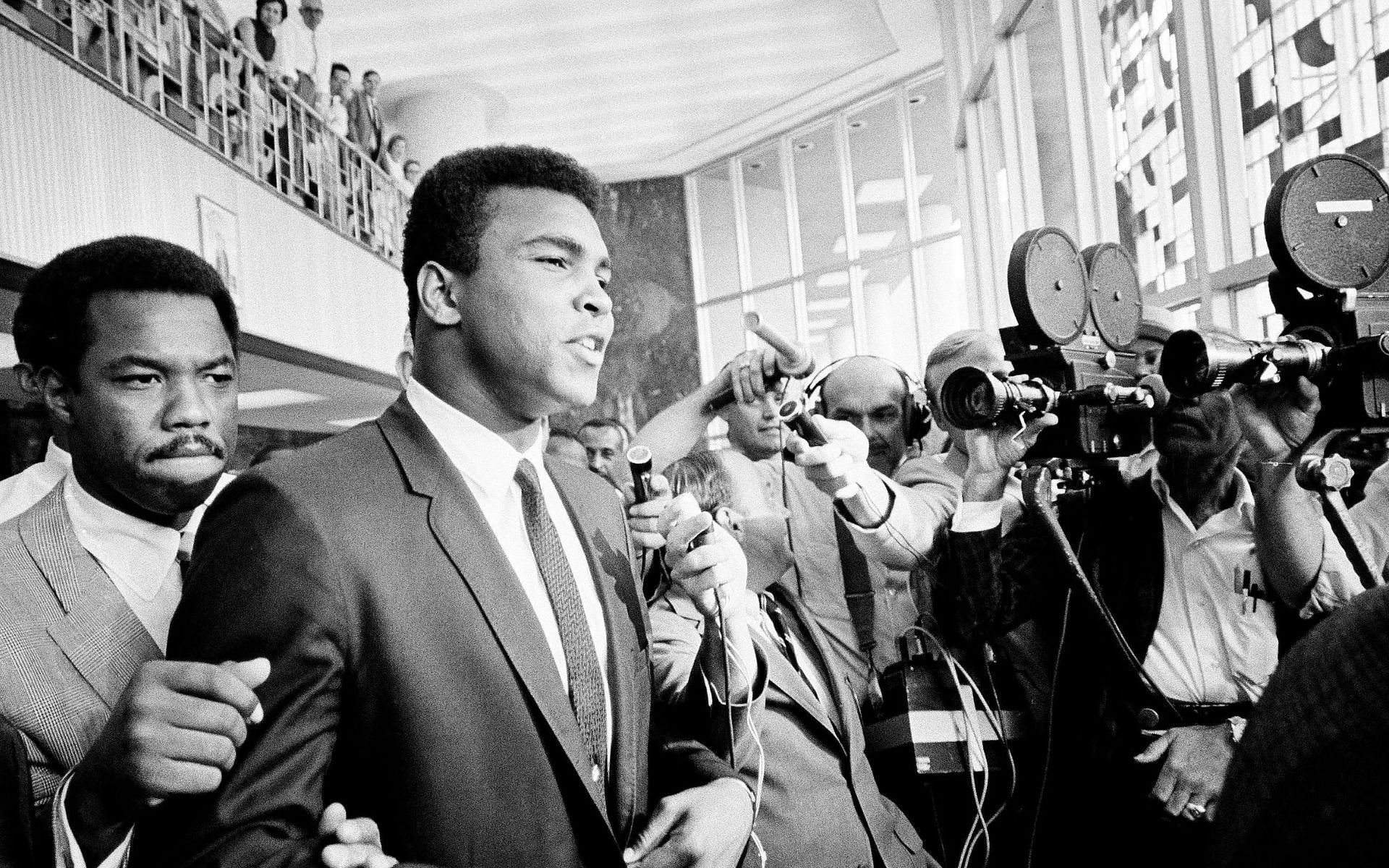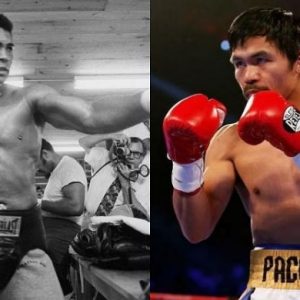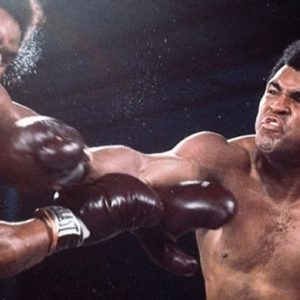Muhammad Ali was at the center of one of the most controversial sporting moments in history. On 22nd March 1967, fans got to see peak Ali for the last time. He took on Zora Foley at the famed Madison Square Garden and displayed his greatness. He dispatched Foley in seven rounds in a fight that marked the end of his first title reign.

Shortly after, tensions between Vietnam and the United States were at an all-time high as the United States were drafting all able bodied young men to go to war. When asked about being drafted for the Vietnam War, Muhammad Ali was quoted saying:
“I ain’t got no quarrel with them Viet Cong.”
Ali refused to sign up for the army and fight against Vietnam, which was met with a lot of criticism. In June 1967, Ali was then convicted by an all-jury of draft evasion. Ali was fined $10,000 and sentenced to five years in prison. He was also suspended from boxing for three years. Due to his beliefs, Ali was robbed of three years of his boxing career.
🥊🗓 #OnThisDay in 1967: Muhammad Ali fought his last fight before being suspended for three years…@boxing_social | @Boxing_UK_
— The Sportsman (@TheSportsman) March 22, 2022
Many argued Ali was in his prime and was never the same after the incident making it one of the most unfortunate sporting events in history.
Muhammad Ali explains why he did not join the army to fight the Viet Cong
In an interview, Muhammad Ali explained his reasoning behind not listing for the Army. Ali stood in front of the media and spoke fearlessly about the injustice he faced:
“I’m saying you talking about me, about some draft. And all of you white boys are breaking your neck to get to Switzerland, and Canada, and London. I’m not going to help nobody something my n*****s don’t have. If I’m going to die I’ll die now, right here fighting you. If I wanna die, you’re my enemy. My enemies are white people not Vietcongs, or Chinese or Japanese.”
Take a look at the video:
Ali spoke about how his fellow African-Americans had no freedom in their own country and yet they expected them to go and fight for the United States. Racial discrimination was rampant in the ’60s and Ali was one of the biggest advocates of racial equality in a time when no other athlete could dare raise their voice. Ali was an advocate of change and one of the greatest boxers to ever live.





